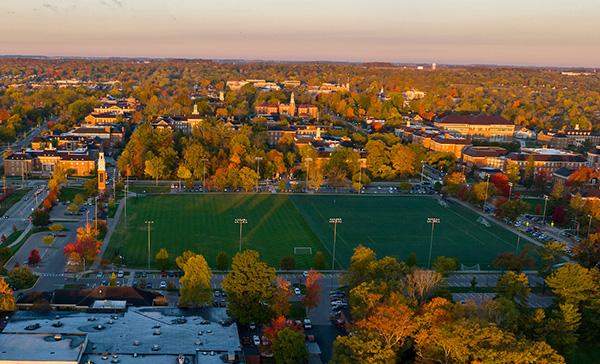OK - Hockey Question
So I am looking at the number of undergraduates leaving for the NHL. Yes, I know a big piece of this is the new CBA which means a team is better to sign after Junior year than wait until after the senior year and take the chance of August free agency.
Unlike 30-40 years ago the NHL sees College Hockey as development route. Google AI (and I am not digging deeper to double check) says in 22-23 it was 33% of NHL players came via College up from 21% in 2002-2003. I will note the percentage of draft collegians has been relatively stable the number of former college players making the show is up significantly. Additionally those players tend to be of the higher skill variety.
SIDE NOTE: doing a little research on this got me to a Wikipedia page on drafted college players. UNH ranks 12th in drafted players and 11th in players making the NHL. Both numbers were shocking to me. Also I noted it looks like Michigan State has the best conversion rate for the teams with a significant number of drafted players 60%.
https://en.wikipedia.org/wiki/College_players_in_the_NHL_entry_draft
To the question probably most targeted at Dan and/or NCAAWatcher.
How much of what we are seeing is recruiting / "feedstock" and how much is "development"?
As an example lets take the BC players Perreault, Leonard and Fowler. How much of the desire to pull them out now is because they have truly developed at BC under Brown vs. they were just freaking talented players and just need to mature a couple years someplace?
I don't see players at UNH developing any longer. The numbers don't climb they are what they are. How much of that is bad coaching vs bad environment vs. just the talent coming in the door. Are players significantly developing in 1-3 years in college?
I remember stories from the past (20 years ago) of UNH getting players with hands that might not be the best skaters. Which was always strange when the Whitt was still a giant lake with super deep corners. Somebody at UNH knew how to "fix" skating issues and that was a bit of a hidden advantage probably allowing UNH to get talent that others were chasing as hard because they had a track record of developing those players.

